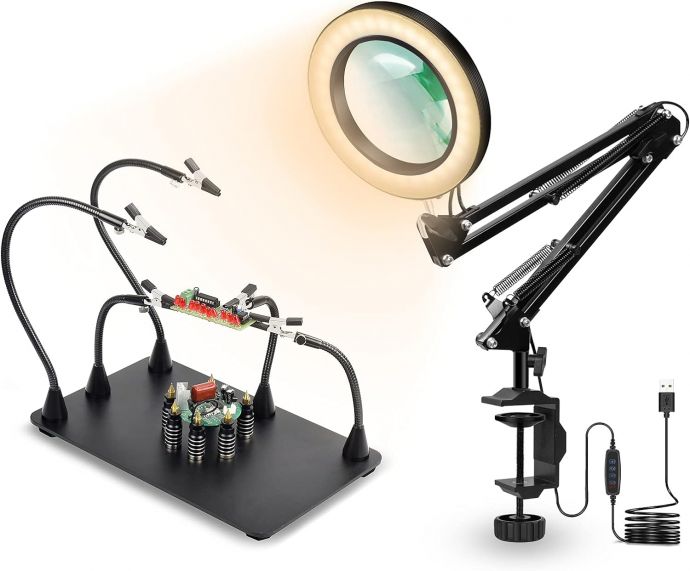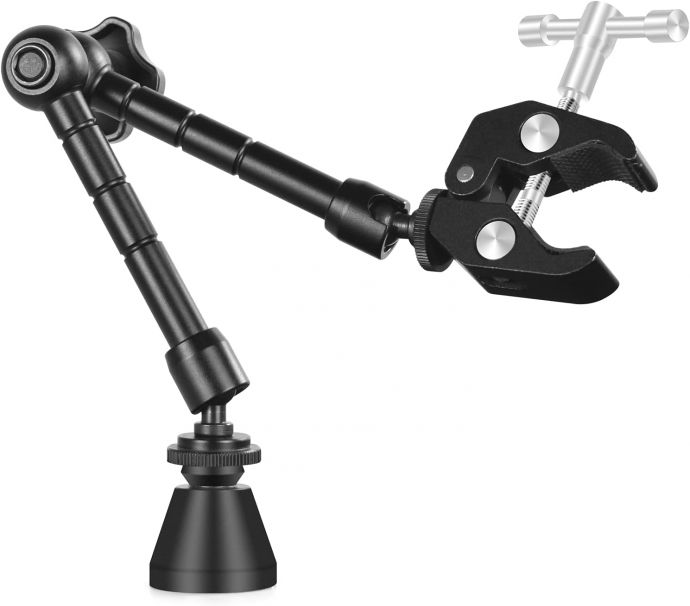In a world driven by data and technology, precision has become the cornerstone of success across various industries. Whether it's in healthcare, manufacturing, finance, or technology, the ability to maximize precision can significantly impact outcomes, reducing errors, optimizing processes, and enhancing overall efficiency. This article explores the multifaceted nature of precision, the techniques to enhance it, and the benefits it brings to various sectors.
Precision, in essence, is the degree of accuracy and exactness of a measurement, calculation, or specification. In the medical field, for example, precision can mean the difference between life and death. Medical professionals rely heavily on precise data to diagnose conditions accurately, tailor treatments, and monitor patient progress. Here, precision is not just a desirable trait; it is an imperative. The advent of precision medicine, where treatments are tailored to the individual characteristics of each patient, exemplifies the critical role of precision in the medical field.

In manufacturing, precision is synonymous with quality. The intricate designs of modern products, from cars to smartphones, depend on precise engineering and machining. By maximizing precision, manufacturers can ensure that every component fits perfectly, functions optimally, and lasts longer. This not only leads to better product performance but also enhances customer satisfaction and brand reputation. Techniques such as computer numerical control (CNC) machining, laser cutting, and 3D printing have revolutionized manufacturing by significantly improving precision levels.
The financial sector is another area where precision plays a pivotal role. Accurate financial data is crucial for making informed investment decisions, assessing risks, and maintaining regulatory compliance. Advanced algorithms and data analytics are employed to maximize precision in financial modeling and forecasting. This helps institutions to minimize risks and maximize returns, thereby ensuring stability and growth in the economic landscape.
In the realm of technology, precision is integral to innovation and advancement. Whether it's coding for software development, creating algorithms for artificial intelligence, or designing circuits for electronic devices, precision is the foundation that supports technological progress. The precise execution of coding commands ensures that software runs smoothly, while accurate algorithmic processes enable machines to learn and adapt effectively. As a result, products are not only reliable but also capable of complex functions that drive modern convenience.

To achieve and maximize precision, several strategies and techniques can be employed across different domains. One such approach is the integration of advanced technologies such as artificial intelligence (AI) and machine learning (ML). These technologies can process and analyze vast amounts of data with high accuracy, leading to more precise outcomes. For instance, in diagnostic imaging, AI algorithms can identify patterns and anomalies with greater precision than the human eye, leading to more accurate diagnoses.
Automation is another powerful tool for maximizing precision. By automating repetitive and complex tasks, organizations can reduce human error and increase consistency in outcomes. This is particularly useful in industries like manufacturing and finance, where even a small error can lead to significant losses. Automated systems ensure that processes are carried out with high precision, 24/7, leading to improved efficiency and productivity.
Quality assurance processes are also critical in enhancing precision. Regular testing and validation of equipment, software, and processes help identify deviations and correct them promptly. Implementing rigorous quality control measures ensures that every aspect of production or service delivery meets the required standards. For instance, in manufacturing, six sigma methodologies are widely used to reduce defects and variability, thereby maximizing precision.

The role of training and education in maximizing precision cannot be understated. Ensuring that employees are well-trained in the latest technologies and methodologies is crucial for maintaining high precision levels. Continuous learning and development programs allow employees to acquire new skills and keep up with industry advancements. This not only boosts their productivity but also improves the quality and precision of their work.
Collaboration and communication within and across teams also play a vital role in enhancing precision. Sharing information and insights, as well as aligning goals and strategies, ensures that everyone is working towards the same objective. This is particularly important in complex projects where multiple teams are involved. By fostering a collaborative environment, organizations can leverage diverse expertise and perspectives to achieve more precise outcomes.
The benefits of maximizing precision are manifold and stretch across multiple dimensions. Increased precision enhances product quality and reliability, leading to higher customer satisfaction and loyalty. It also reduces waste and inefficiencies, lowering operational costs and increasing profitability. Furthermore, precision contributes to innovation by enabling the development of more complex and advanced products and solutions.

In healthcare, precision can lead to better patient outcomes, more effective treatments, and overall improvements in public health. In finance, it ensures accurate reporting and decision-making, fostering trust and stability in financial markets. In manufacturing, precision translates to higher-quality products, longer-lasting components, and a competitive edge in the market. In technology, it lays the foundation for cutting-edge innovations that transform everyday life.
However, maximizing precision also poses challenges. The quest for precision often requires significant investments in technology, training, and infrastructure. There is also a risk of becoming too focused on precision, potentially stifling creativity and flexibility. Organizations must balance the need for precision with the ability to adapt and innovate in a rapidly changing world.
In conclusion, precision is a critical factor in achieving excellence and success in various industries. By employing advanced technologies, automating processes, implementing rigorous quality controls, and fostering a culture of continuous learning and collaboration, organizations can maximize precision and reap its numerous benefits. As the world continues to evolve and complexity increases, the demand for precision will only grow, making it an essential component of modern business strategy.






